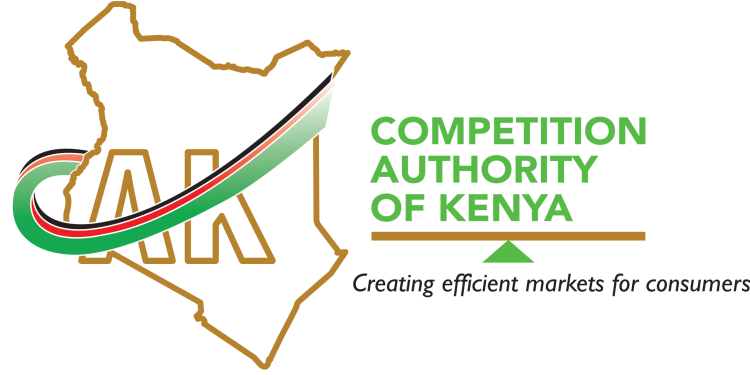Upon joining the Competition Authority of Kenya (CAK) two months ago, I set out to establish a legacy of an institution that directly contributes to enhancing the welfare of Kenyans.
This will be realized by creating more opportunities where every Kenyan can access the markets, with fewer barriers to entry, reduced compliance costs, and a business environment characterized by transparency and predictability.
Competition law is designed to ensure that businesses compete fairly with each other by regulating market structure and conduct, in order to protect consumers from false and misleading business practices. These efforts provide consumers with choice, quality products and services, innovative, at reasonable prices. Competition is a crucial driver of innovation, efficiency, and economic inclusivity. Therefore, it can play a pivotal role in reducing inequality.
The CAK is instrumental in promoting fair trade practices, and creating an environment conducive for innovation, through regulation of market conduct and structure as well as advising the Government and its agencies on competition and consumer protection matters, more so during policy making.
Two examples quickly come to mind, touching on different segments of our society.
Today, Micro, Small and Medium Enterprises (MSMEs) are the backbone of Kenya’s economy, contributing 30% to the GDP and accounting for over 90% of the labour force. They play a critical role in reducing poverty and fostering economic growth. Equally, MSMEs drive innovation, contributing to the competitiveness of Kenya’s products.
In implementing the Buyer Power provisions of the Competition Act, the CAK recently concluded and gazetted a settlement with a multi-national manufacturer, securing commitments to effect several remedial actions, including; gradually reducing payment terms for its MSME suppliers to 30 days; increasing local procurement spend by Ksh. 200 million between 2023 and 2025 by inviting at least two local SME suppliers to all tenders, subject to business needs and supplier qualifications.
The business also undertook to offer development training of an annual budget of Ksh. 75 Million, over three years.
In 2019, we granted a conditional approval to a soft drink bottling company in the acquisition of a controlling stake of another bottler. The acquiring party indicated that about 69% of its retailers, whom it issued coolers, are SMEs experiencing space constrains and inadequate financial might to acquire the critical asset to accommodate other products they trade in.
This created a barrier to accessing the market and promoting competition in the non-alcoholic beverages sector, given that the dominant undertaking post-merger would control the value chain involving bottling, distribution and retailing.
To allay foreclosure concerns, specifically regarding the aforementioned coolers, we issued merger conditions including requiring the merged entity to reserve the lower deck, or not less than 20% of the total storage space of the coolers, to SMEs to stock competitor products. This was to ensure that other players in the Non-alcoholic Ready to Drink sector have a route to market through SMEs.
This intervention reduced the inequality gap that otherwise would have been suffered by SMEs, and who would have to invest in new coolers to stock competing products and offering consumer possibility of a wide variety of products, and sustained supply of their preferred alternative non-alcoholic brands.
These two examples illustrate inequality occasioned by the conduct of market players, highlighting the importance of regulators such as ourselves in opening up markets to competition and equal participation, and to the benefit of consumers.
However, it is a fact that inequality can be occasioned by government policies that hinder effective competition, by creating undue regulatory requirements that are difficult and costly for new entrants in the market to meet, or disincentivizing firms from competing or distorting competition and preventing firms from competing on the merits.
Such policies may also increase the consumers’ switching costs by reducing their mobility or the amount of information available to them to make informed purchase decisions.
As such, it is fitting that the focus of this year’s World Competition Day commemoration, which is marked on December 5th, is Competition Policy and Inequality. There is need for more vigorous enforcement in priority areas such as health care, food, transport, energy, communication, and financial services to help push back on existing inequalities.
David K. Kemei is the Director-General, Competition Authority of Kenya
All views expressed here are the author’s own and do not necessarily reflect the editorial stance of The Kenyan Wall Street.




